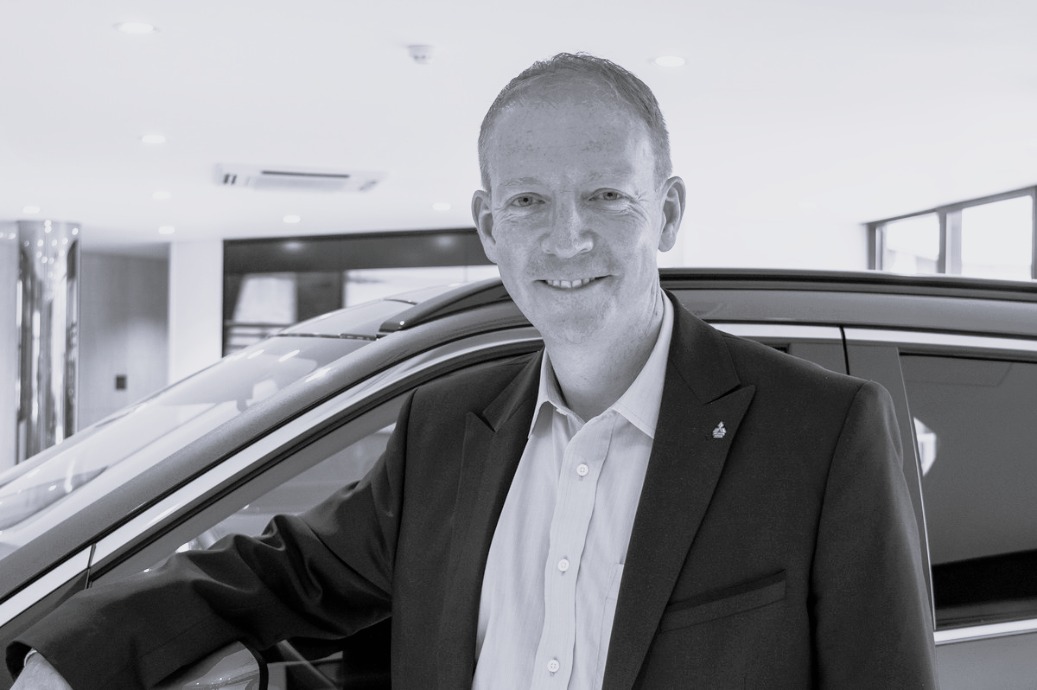As part of our explorative series with senior leaders within automotive and mobility, we spoke with Rob Lindley, Automotive industry executive and Non-Exec, to reflect on his career – spanning from a male-dominated industry to where the industry finds itself now on International Women’s Day.
Read on to find out more about Rob’s experience with inspirational females within the world of Ford Motor Company and Mitsubishi – and how he envisages a more “equal” future…
How important is it to prioritise “thinking equal” in society in 2022?
“Oh, my goodness. I mean, it shouldn’t even be a question to be honest with you. But unfortunately, it still is today. It should be an absolute – and not just in 2022 – it should be a complete no brainer at any time. That we, as a society, in everyday life and in business, should consider equality as a non-negotiable standard for us in everything that we do. And of course I’m not just talking about being male or female equality, but also in underrepresented groups, sexual orientation and religious preference.”
Do you think the automotive and mobility industry is doing enough to make progress towards gender equality – have you seen this over the years?
“Good question. Have I seen progress over the years? Definitely, yes. Because where things started from, we were in a pretty poor place. If I go back to when I started with Ford Motor Company in 1989… it wasn’t a great situation. The car industry had a poor reputation for both the treatment of female staff and also the treatment of female customers going into going into dealerships. So, there was a lot of work to do. No question about that. But I think I think things have certainly improved. You look around the industry now and see the number of female senior leaders across the whole industry. It’s been a big change, and I’m pleased about that. You wouldn’t have seen that 25-30 years ago, when I was first in the industry, it was quite rare. Today there are fantastic successful women like Alison Jones running major corporations like Stellantis, and that’s a really good sign. So, things have improved on the business side, yet I still feel there is more to be done in terms of the treatment of women in dealerships. I think there’s still a little bit of that reputation of if, say, a male and female couple go into a dealership that the (male) salesperson’s natural tendencies are to talk to the guy. You still hear that this does go on, which is disappointing. In this respect, I think education, better recruitment, better training has improved that situation to an extent – and this needs to continue.”
What else do you think needs to accelerate in this area?
“We still need more female leaders, yet we also need to see more people in the industry, from underrepresented groups. I know we’re talking about International Women’s Day, but I think both things apply. We do need to see more women rising to the top of organisations, while there’s been a positive change in that respect, it’s not completely there yet… it’s certainly not gender equal. We’re making progress but we still need to see more – especially in the field of retail. There are certainly training requirements and there should be a focus on better gender balance in recruitment as well.”
Looking back on your career, can you talk about a woman (it can be a leader, friend, colleague or family member) who has inspired you at some point in your career? How was she influential for you, and what did it help you to achieve?
“There have been many inspirational women in my career, yet I’ll mention just a few for the sake of the word count! Lynda Ennis, for one, has inspired me. Lynda is a fantastic leader and has always demonstrated a real sense of and how to make this industry better. When thinking about organisationally, the companies that I’ve worked for, there was a lady at Ford called Kathryn Lees, who was the first woman I remember in a very senior position at Ford Motor Company early on in my career. Another was Trisha Roberts. And both I remember being very “standout”, because it was quite unusual to find women getting to senior positions at the time. They did a really good job, I think, demonstrating that women could be absolutely fantastic leaders in in the car industry, role models in a way. During my time at Mazda we saw quite a number of female leaders progress and develop, like Claire Andrews who continues to do a fantastic job for Mazda as Marketing Director. And Gill Crowther, who I worked with at Ford but also more recently at Mitsubishi has been a great inspiration to me and a guide in so many important decisions.”
Is there anything you feel you have changed in terms of how you approach senior female leaders now?
“Honestly, I’d like to think not. Because I feel as though I’ve always tried to operate in a fair and balanced way all the way throughout my career. I think it’s fair to say that when I first joined Ford, back in 1989, it was such a male-dominated environment that the kind of “male macho” stereotype was prevalent in the way people operated. And I certainly think that over time, behaviour softens, and I know that my behaviour changed too as I learned and developed a better understanding. It probably made me a more approachable leader over time, at least I hope so.”
Any more reflections on your career and how things have changed?
“Again, when I think back to back to the early start of my career, when I was when I was an area manager for the sales and aftersales side, there were very, very few women in that in that world. Probably out of 30 area managers there were maybe two or three women, and I would imagine that felt uncomfortable. I can’t put myself in that world, because I was on the other side of it. I imagine that it just never felt right to be so isolated and so few and I’m just pleased to see that isn’t the case anymore. If you look at that side of organisation, for example, at Mitsubishi – in the time that I was there, among the middle and senior management, around half of them were women. And that was that was an excellent, really positive change. So, it’s good that the industry has evolved – but it should have happened sooner. There is certainly still some way to go… but progress has been made.”





